Chaos at the Capitol: Students and staff reflect on the insurrection in Washington, D.C.
Americans protesting the results of the November presidential election invade the U. S. Capitol on Jan. 6, shocking Americans everywhere. Five people died, including one protester who was shot trying to climb through a broken window and one officer whose job it was to protect the building and its inhabitants.
Shocked. Angry. Ashamed. Upset. Anxious. Unsurprised.
These are just some of the words used by students and staff at Northgate describing the recent tumult at the Capitol.
Nearly two months have passed since a protest of election results declaring Joe Biden the 46th president of the United States resulted in people storming the U.S. Capitol turned deadly. The insurrection left five dead, including a police officer whose job was to protect the building and people in it. At least 140 people were injured.
Even with the passage of time, the images remain vivid as do people’s responses.
“In no universe do I think that those actions were acceptable,” said Jim Rogers, who teaches U.S. History and U.S. Government and Economics. “I would never say that violence is never the answer because sometimes people are going to have to stand and fight. But this was an attack on the wheels of our government. It was done specifically to stop a government process from moving forward.”
The attack on the Capitol is just one event in a long list including 1954 when four Puerto Rican Americans shot into the House of Representatives, injuring five congressmen, and in 1971 when a bomb exploded in the Capitol building, according to History channel reports. Before the insurrection on Jan. 6, the most recent breach was in 1998, when a man later described as mentally ill shot two Capitol police officers. In later meetings, he proclaimed his unhappiness, alleging cannibalism in the United States.
The January events were unsettling and remain in the news to this day as federal law enforcement report the arrest of about 300 alleged to have participated in the insurrection and as political leaders investigate the sequence of events and law enforcement response.
By most news accounts and with some disputes, supporters of then-President Donald Trump gathered for a rally near the White House early Jan. 6. They then walked to and rushed the Capitol, some allegedly armed with weapons, with what authorities say was intent to prevent the certification of the Electoral College votes that would officially declare President-elect Joe Biden the next president.
It is well known that Americans have the right to peacefully protest and to gather and that they have the right to bear arms. The violent outcome was anything but peaceful, however, and students and staff at Northgate have had a lot to say about this bone-chilling event.
The consensus is that entering the Capitol and the destruction thereof was a violation of boundaries.
“Of course the actions of the invaders were unacceptable, people died,” sophomore Gwyn Grivich said. “It was a blatant act of domestic terrorism.”
Teachers also responded with shock and disapproval.
“There is no situation in which it is acceptable to attempt a revolution based on conspiracy theories, lies, and extremism,” said Paula Dillon, who teaches U. S. History and U. S. Government and Economics. “I also think most of the rioters are pretty ignorant of history, even though they seem to think of themselves as ‘constitutional scholars’. I wonder how many of them have truly studied history critically. I wonder how many of them have actually read the Constitution. I would bet not many of them.”
There is also the issue that some have questioned, which is the response of the police officers whose task was to guard the Capitol. One allegedly shot and killed a woman who was trying to climb through a window a crowd had broken. Some critics are asking whether this incident be filed under “protecting the country” or should it be considered “overstepping boundaries”?
“I don’t think all the officers acted uniformly,” Dillon remarked. “It is very unsettling to see images of some officers that appeared to be helping some of them, or taking selfies with them, and I hope there is an investigation into that. However I think most of the officers were shocked and outnumbered.”
“The police acted – in my opinion – how any normal human being would act in a high stress situation with angry citizens with guns,” freshman Oliver Halverson remarked. “The woman who was killed was an armed citizen who, in later research, was a Trump supporter who was willing to hurt others because of the votes. This does not make it right but the police officer did have reason to shoot.”
Halverson added that he supports Trump’s supporters or any people’s rights to protest, but not to the extent of using violence, destruction, or entering a building as occurred at the Capitol.
Senior Kristina Cổ said the police were right to act as needed to protect members of Congress, and that they should have been more forceful. The “police officers that treated these invaders lightly, meeting them with very light force compared to how they treated BLM protesters are complicit in the insurrection. One police officer that was outstanding and acted heroically was Eugene Goodman, who lured the insurrectionists away from the Senate.”
Eugene Goodman is a Capitol officer who made national news when video of him using himself as bait, redirecting protesters who were close to the Senate floor, where senators hadn’t been evacuated.
Another looming thought is that this might happen again, and Rogers spoke to this issue.
“Everybody makes mistakes, it’s how we recover from the mistakes after it happens,” Rogers said. “I think the mistake that we made on January 6 was thinking that this stuff wasn’t going to happen in America. We heard a lot of insurrectionists saying to the police officers ‘You work for me. This is my house’, a lot of this kind of personal belief that they are the government. When in reality, we allow our government to have power over us, we agree that what part of the government is to us. We agree to give something back to the government. And if you’re not willing to accept the government as a force for good or something that doesn’t choose winners, I think that we’ll see this happen more often in the future.”
Dillon warns of the dangers of misinformation.
“For a long time, people have laughed off conspiracy theories as silly or crazy. Unfortunately we have seen what happens now when that sort of misinformation is spread with impunity, combined with racism, anti-Semitism, and political extremism among militant nationalists who believe a false narrative of history and have a very self-centered world view,” Dillon added. “This needs to be taken seriously. Freedom of speech should not and does not protect slander, and as we have seen, there are very real consequences for that.”
Near the end of his interview Rogers offered a glimmer of hope. “I encourage all of my students to vote, to be involved in this, to not let this horrifying incident color the way they feel about the country,” he said.

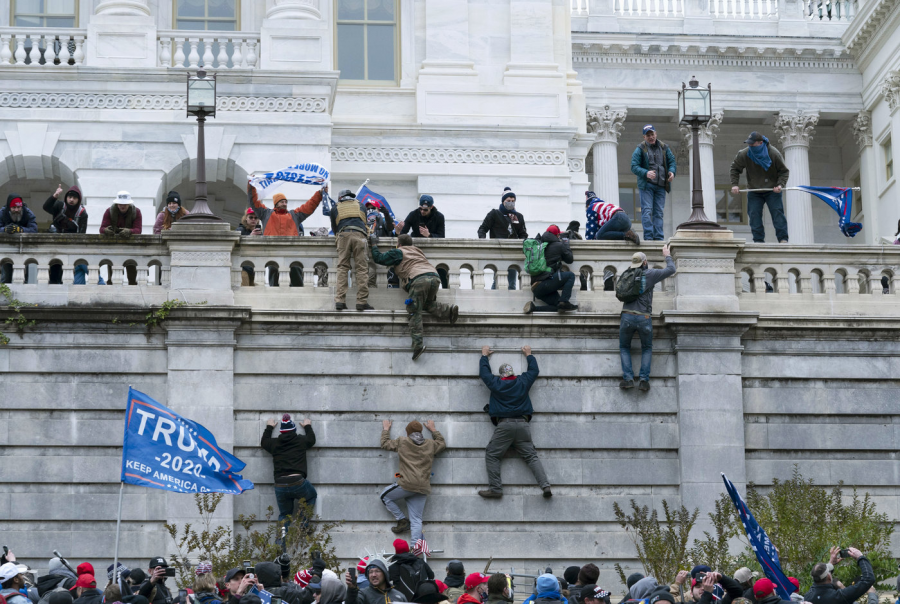
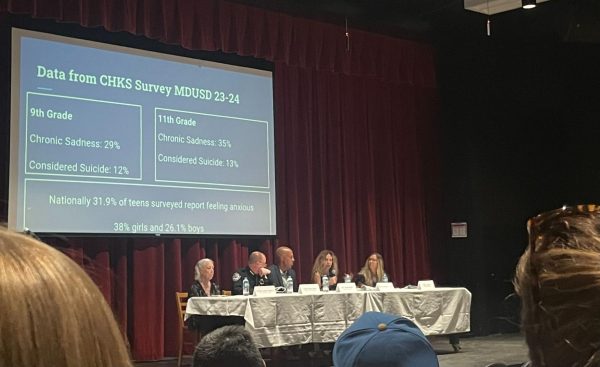
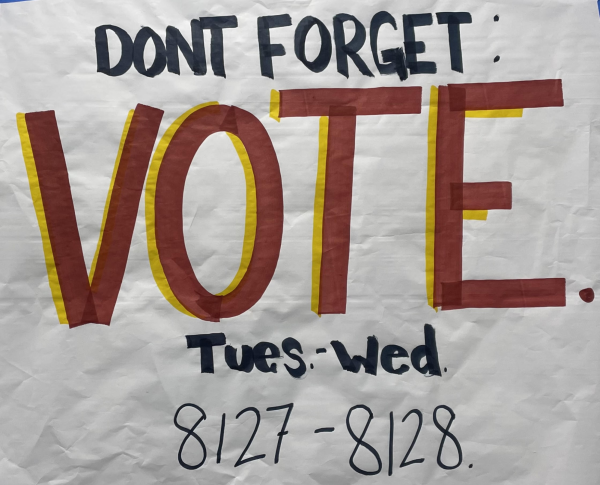


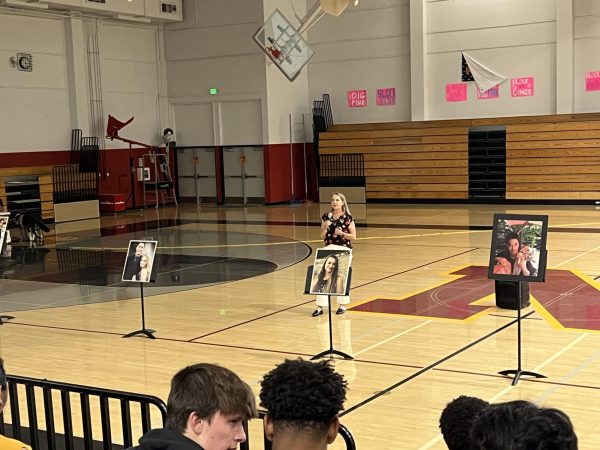
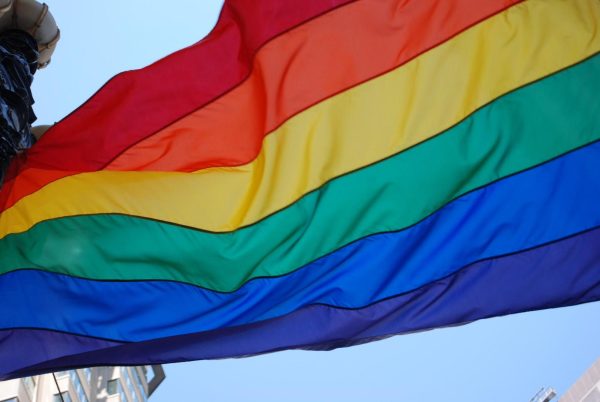
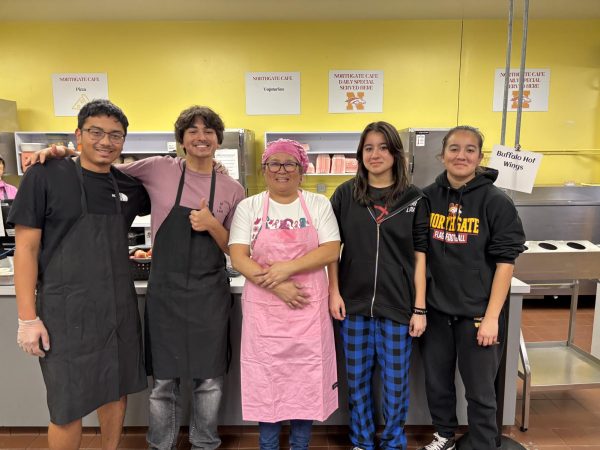
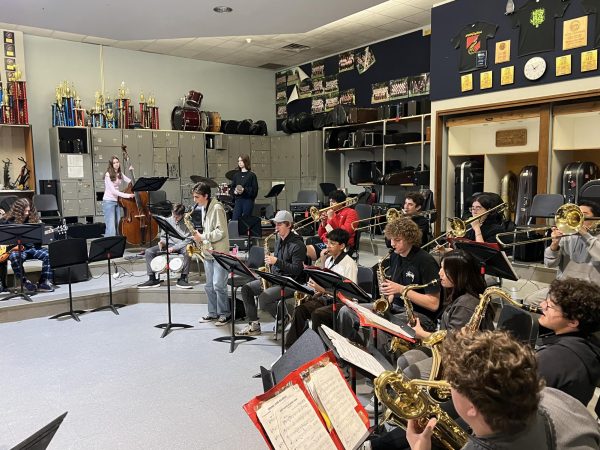
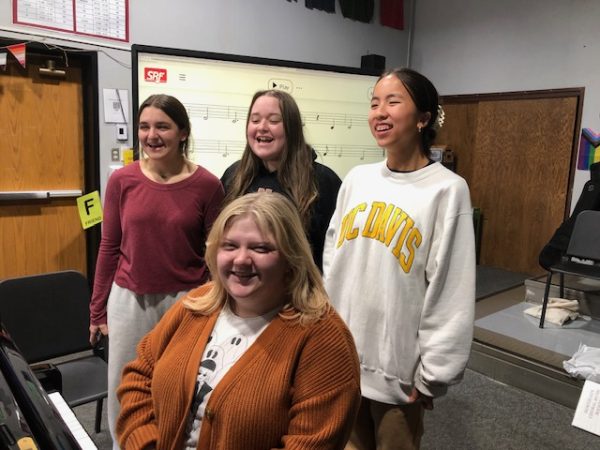
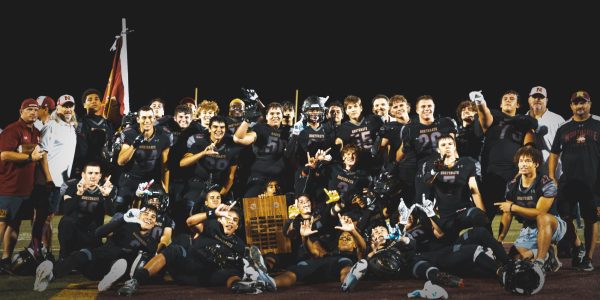
Danny Leininger • Mar 4, 2021 at 2:01 pm
This was a very mature and intelligent piece of journalism! Better than most articles I’ve read from top news sources! Well done Adelaide!